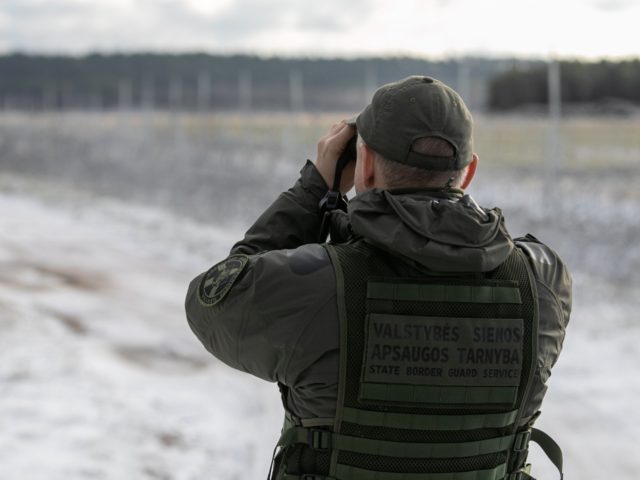A group of 272 migrants are scheduled to fly back to their native countries aboard flights next week after accepting a sum of €1,000 (£842/$1,141) from the Lithuanian government to return home.
The group of 272 migrants, most of which are said to be from Iraq, have accepted the Lithuanian government’s offer to return as part of the repatriation programme, which saw an increase in the amount of cash offered to migrants in December.
Prior to December, the Lithuanian government had offered just 300 euros to migrants along with a free flight home but, according to a report from the European Union-funded website InfoMigrants, more migrants have been receptive to the offer since the sum increased.
Lithuanian Interior Minister Agnè Bilotaite spoke about the programme in January, saying the government had estimated that a migrant that stayed in the country would cost the government at least €11,000 per year and said, “It is obviously much more profitable for us to offer a benefit, buy a ticket or arrange a flight and thus have fewer challenges and other problems.”
The group of 272 migrants are not the first to take up the offer of cash and a flight home, with InfoMigrants reporting that since last July, around 500 have chosen to accept the cash.
Last month, a group of 98 migrants, all from Iraq, left the country on January 2nd after coming into the country illegally and having their asylum claims rejected by Lithuanian authorities.
According to the Lithuanian government, the majority of the illegal immigrants in the country are Iraqi nationals, many of which came illegally across the border from Belarus.
Last year, illegal arrivals into Lithuania and neighbouring Poland from Belarus surged, with over 11,000 illegals making their way across the border into Poland and passing through to Germany.
Lithuanian MP Dovilė Šakalienė spoke to Breitbart News regarding the migrant crisis on the Belarus border, stating that the Belarusian regime of President Alexander Lukashenko was using migrants to besiege Europe.
“So we are protecting the borders of NATO and the EU from the unpredictable, very hostile dictator, who has instrumentalized migration as a means of political war,” Šakalienė said.

COMMENTS
Please let us know if you're having issues with commenting.